One Friday evening in a half-ruined, half-rebuilt city, where smart tourists dine out in restaurants next to refugees in makeshift shelters, a woman walks the streets. In torn clothes and slippers “worn ragged,” she hands out leaflets. On every piece of paper the same words are written: “Has anyone seen my daughter?”
On the same evening, in the same coastal city, which is “half obscured by skyscrapers,” another woman walks the streets with a different purpose, seeking to spend time away from her co-workers on a business trip. As she cradles her pregnant stomach, she watches as a female figure climbs over a clifftop railing and jumps, leaving behind a bag of leaflets. Later, the second woman has a miscarriage. Sitting in the hospital, she knows her baby died the moment she saw the body hit the rocks and sea.
The Singularity, deftly translated from the Swedish by Saskia Vogel, is an intense gem of a novel with a sophisticated structure. After a brave, even risky, prologue, which establishes the plot in a few pages, Balsam Karam moves deeper into the story of these anonymous women in an unidentified city who have been forced to flee their homes in an unnamed war. She delves into specific, painful details, such as refugee children transforming the rocks in their alleyway home into an imaginary mountain, or the pain of a child who has left behind her best friend in a country where violence and death have become the norm.
The woven narrative (the novel opens with the words “Meanwhile, elsewhere”), sets up a comparison between the two women: their refugee lives, the loss of their children, the deaths that cross their stories. This connection is told through sentences which ricochet between perspectives, often with just an oblique slash to mark the transition.
But it is another juxtaposition that makes The Singularity the uncomfortable read it is. As life in the city continues (the place is praised for its fascinating “architectural solutions” to the problems of war and refugees), the novel becomes an accusation. How can normality continue when children are missing and dying? How can tourists sit in restaurants while such tragedies play out next to them? Why do some people escape war and survive and others don’t? Karam asks these questions, but there are no simple answers. As one life ends, another begins to tell its story.
This article was originally published in The Spectator’s UK magazine. Subscribe to the World edition here.



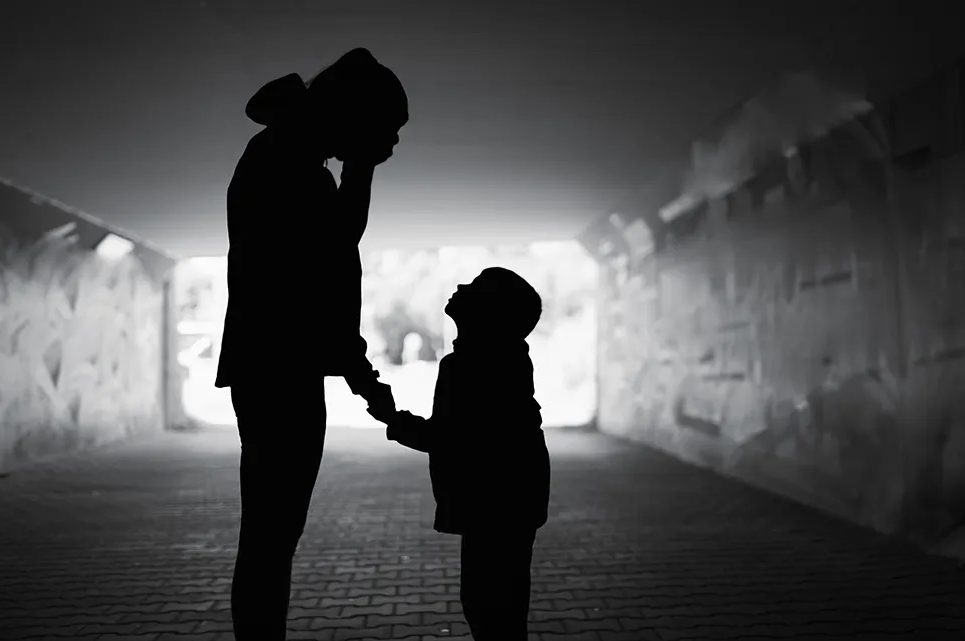





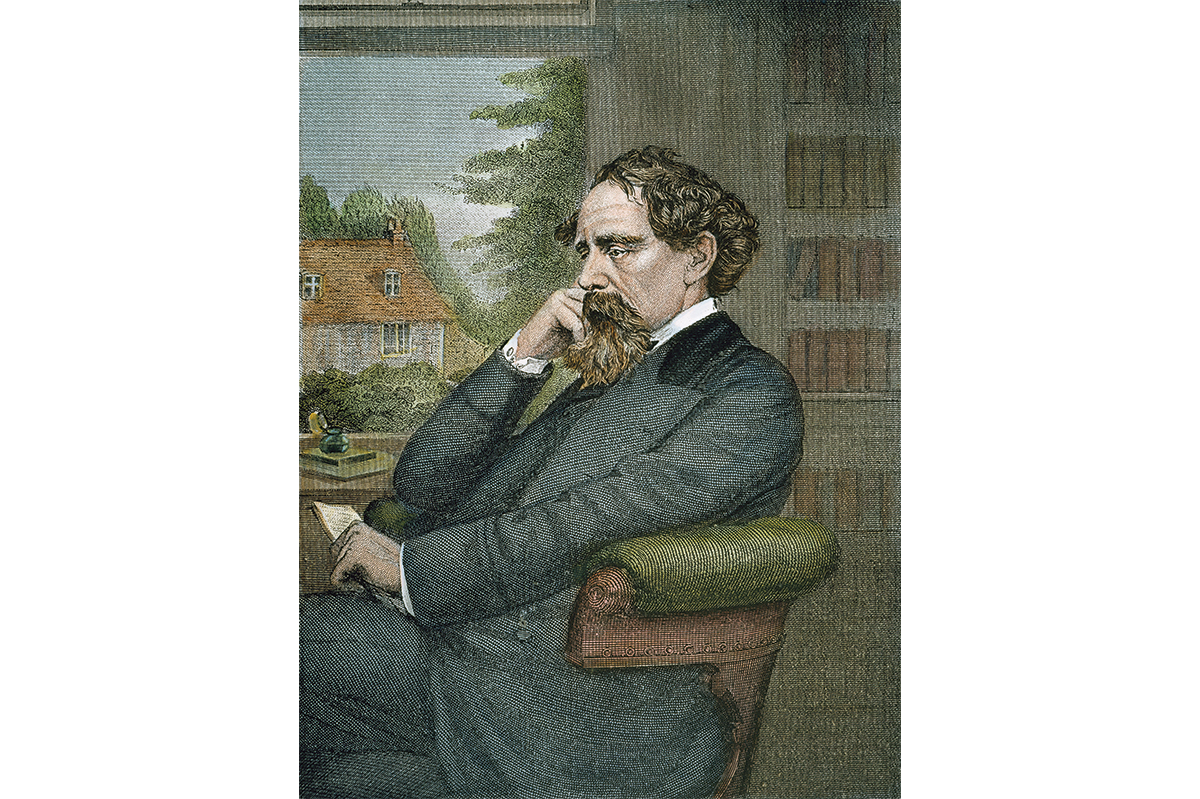
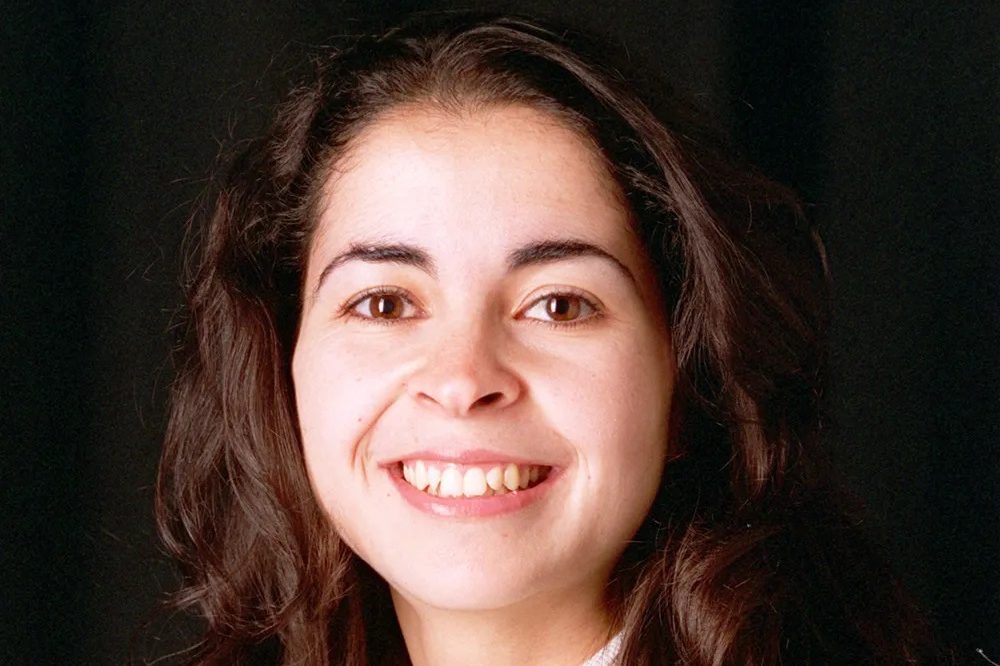


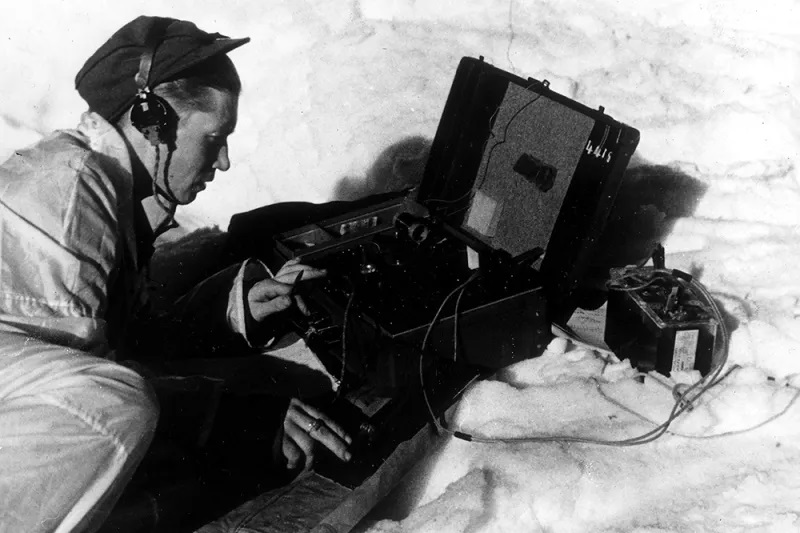
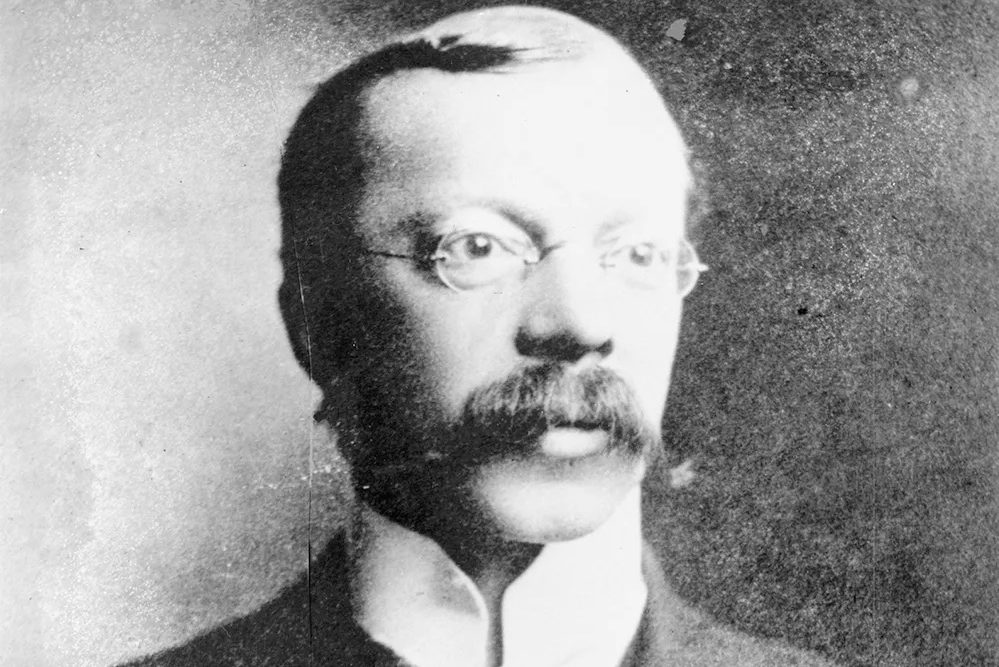







Leave a Reply